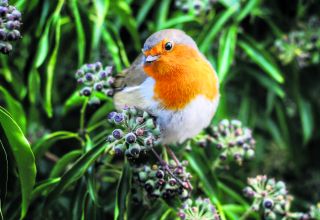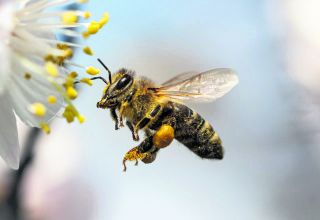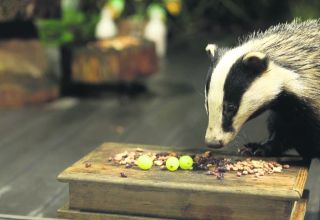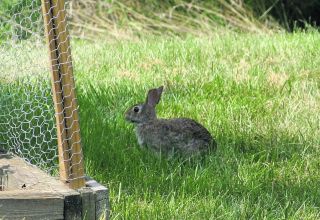
It isn’t easy but there are ways you can limit the damage done by rabbits.
The end result may not be 100 per-cent rabbit proof but it will limit the damage being done.
Fencing and netting are two key weapons in the battle.
For young or small plants, you can lay chicken wire directly over plants to keep rabbits from reaching tender leaves. To protect larger plants, use chicken wire to form a cylinder large enough to prevent animals from reaching the foliage. Anchor edges of the wire for best results. Bird or deer netting works well to protect seedlings or young plants. Simply place netting over plants and anchor the edges. Use chicken wire with one-inch or smaller mesh. Fencing should be at least two feet high to prevent rabbits from jumping over. To keep them from burrowing under, bury at least three to six inches -the deeper the better and bend the buried portion away from plantings. Be sure to inspect fencing frequently to make sure rabbits haven’t created an opening.
You should also work on creating a garden that will suffer the least amount of damage when they pass through.
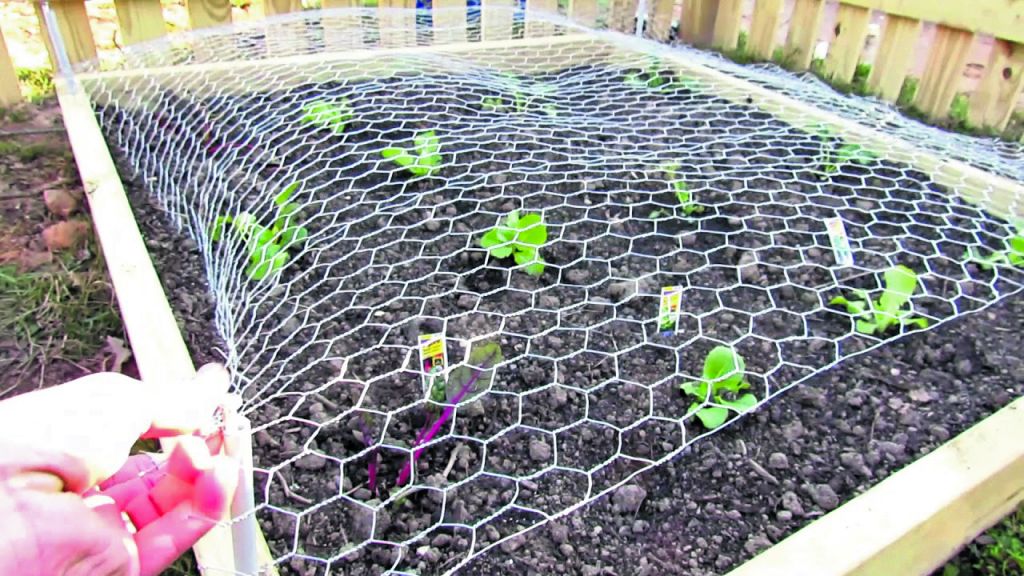 Rabbits are timid creatures that will not hang around where they do not feel safe.
Rabbits are timid creatures that will not hang around where they do not feel safe.
A rabbit will try anything once, especially when it comes to tender new growth.
A final consideration is to choose plants that are unappealing to rabbits. These include plants that are highly aromatic, prickly, leathery or poisonous.
By growing plants they dislike, or placing such plants next to the ones they do like, you may discourage feeding. Plants rabbits tend to avoid include: Vegetables: asparagus, leeks, onions, potatoes, rhubarb, squash, tomatoes.
- Flowers: cleomes, geraniums, vincas, wax begonias.
- Herbs: basil, mint, oregano, parsley, tarragon.

